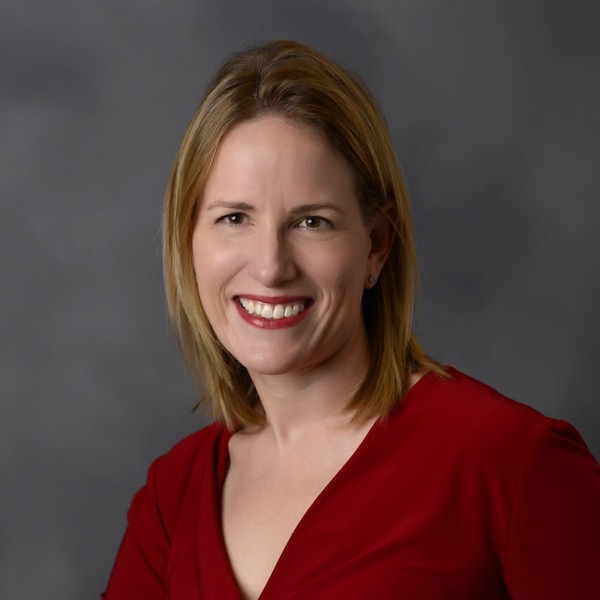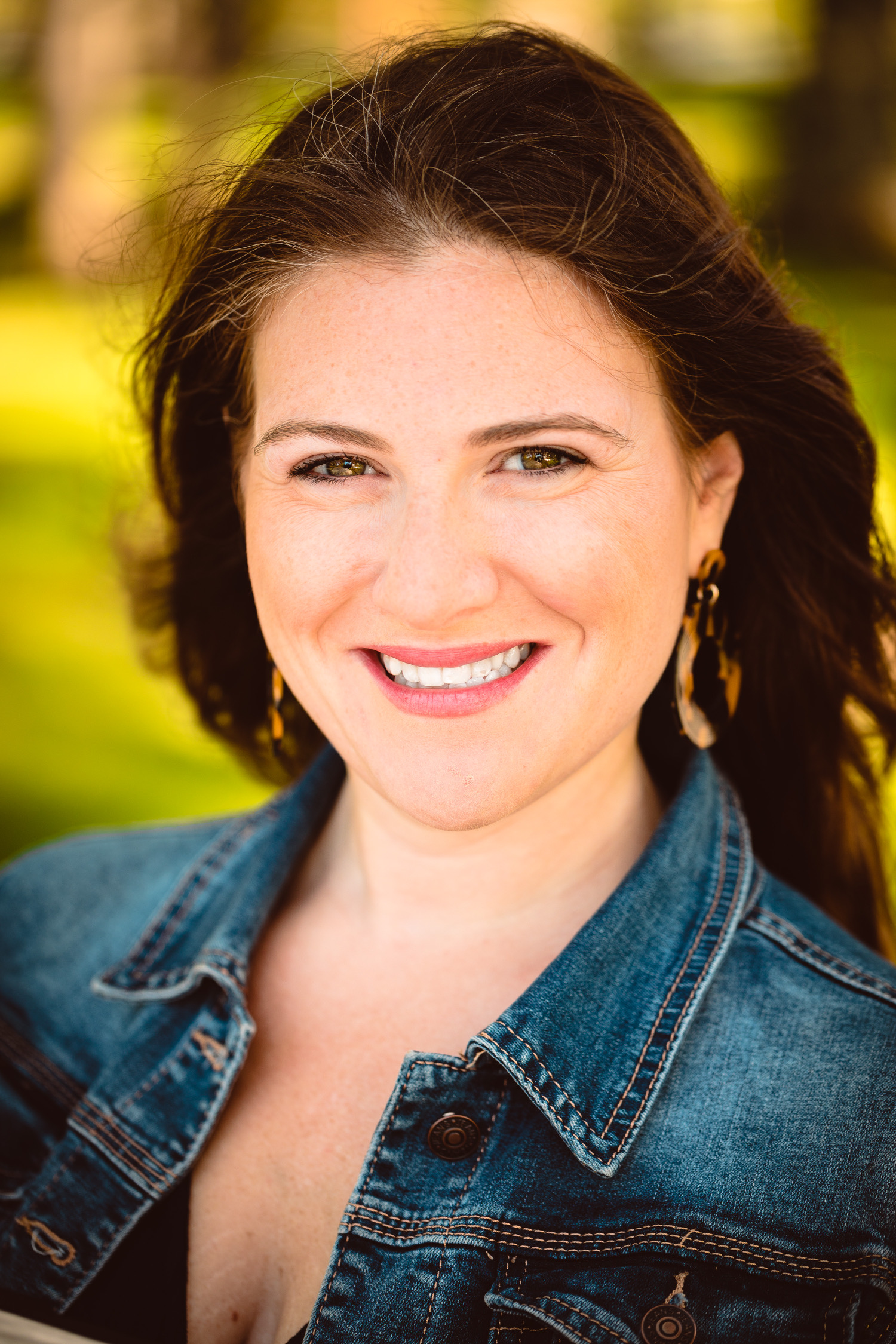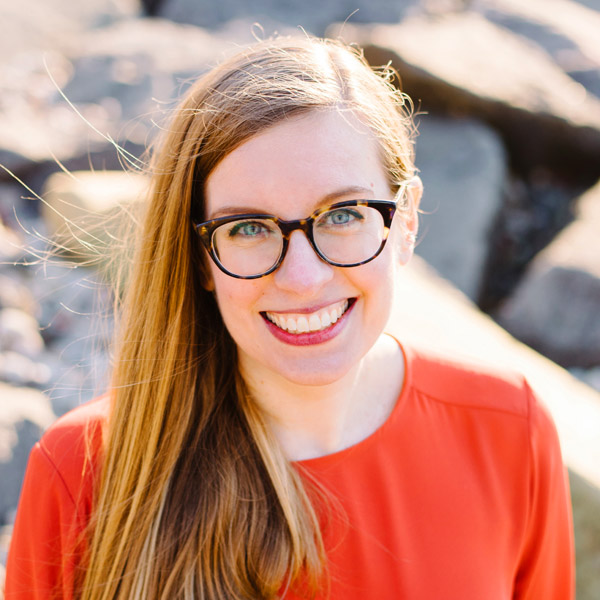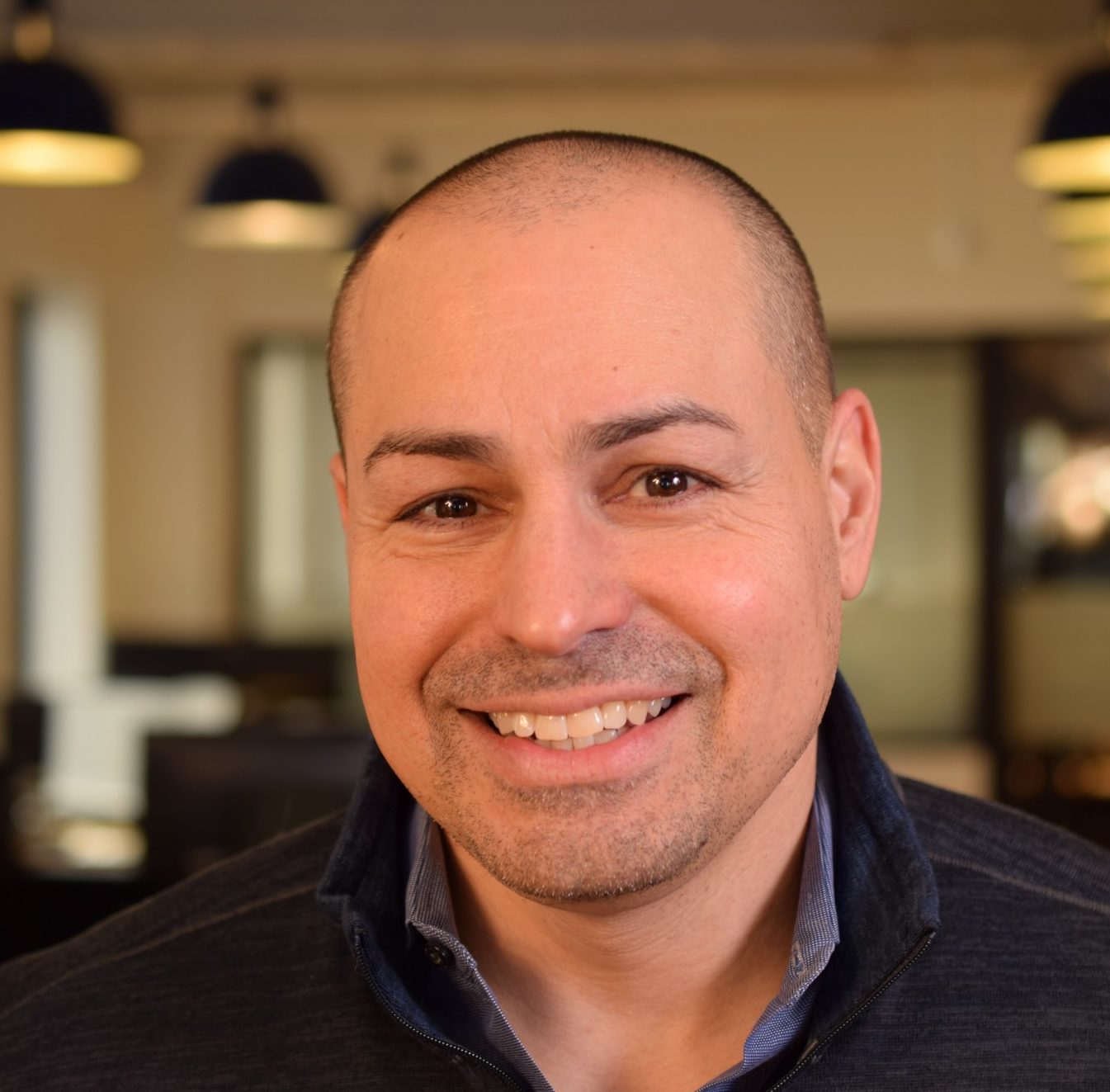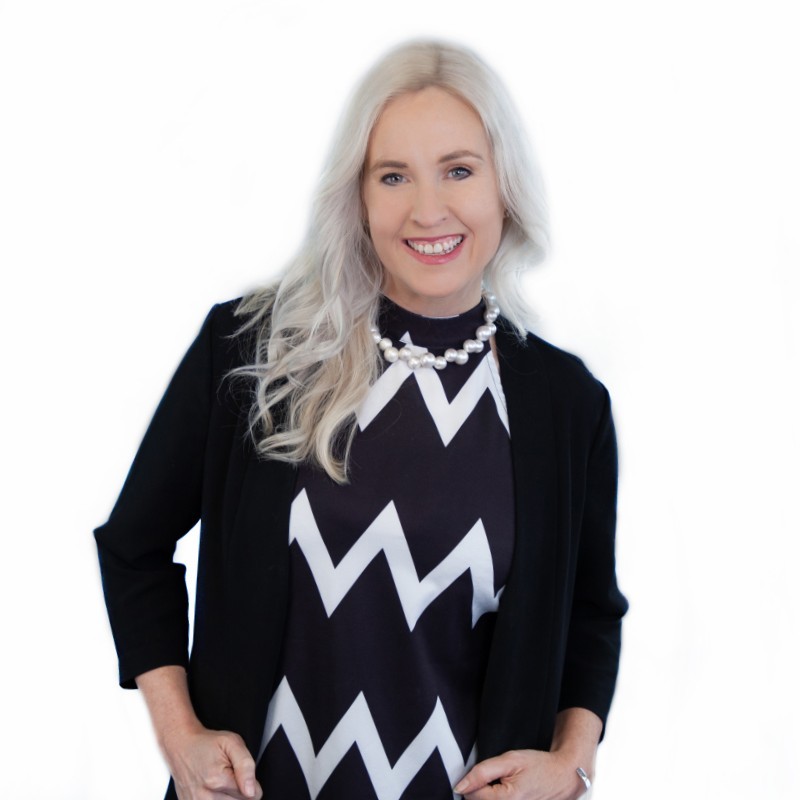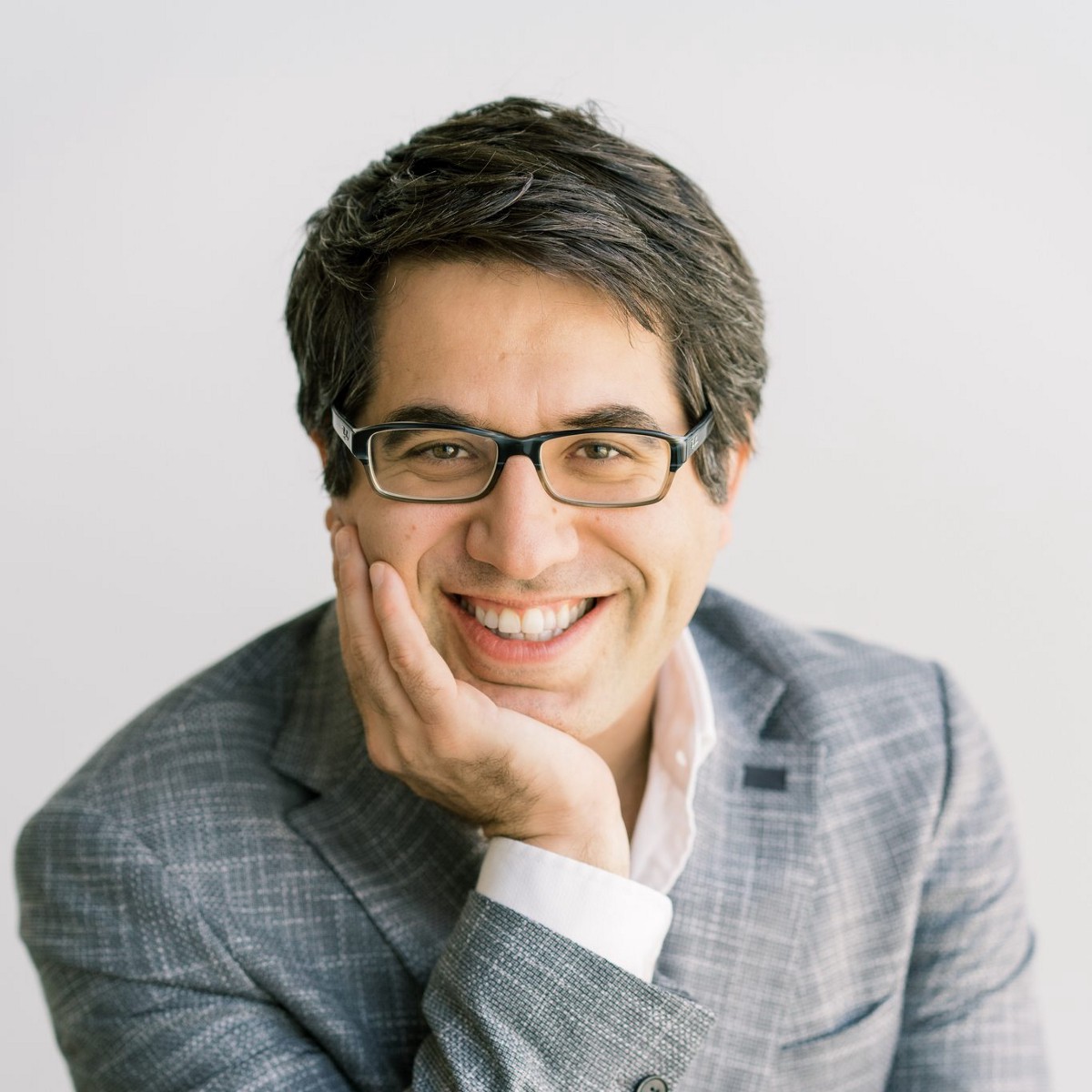Take a second to think about the rest of your career. What about the careers of all the people that work on your teams?
What’s the likelihood that you will all still be working for the same company 30 years from now? 20? 5?
Longevity in careers is undergoing a lot of changes in the digital age. 40 years ago, someone entering the workforce might expect to work for one or two companies based near where they live.
Today, careers are usually a string of 3-5 year stints.
Is this bad news for CEOs, or can you lean into it? How can CEOs encourage their employees to be more flexible with their careers? And how can we reinvent work to ensure longevity?
Diana Wu David is the Founder of Future Proof Labs and the author of the best selling book Future Proof: Reinventing Work in the Age of Acceleration. Over her tenure, she’s spent time understanding disruption and the future of work.
Future Proof
In her book Future Proof, Diana highlights three central ideas to reinventing work. The first part talks about making immediate changes to improve work in the present. The second act is for people working in shorter bursts and how they can push their careers forward in the mid-term. And the third talks of longevity. She says work doesn’t have to mean more of the same and can be exciting if managed well.
Diana says, “We’re just going to slice and dice what we do into more tours of duty or oscillations. So rather than spending all this time learning until we’re in our mid 20s, we’re going to maybe start work a little earlier, be more experimental, and do different kinds of work.”
Diana says we need to see our careers as more of a marathon than a sprint. And if we want to have more fruitful careers, we need to pace ourselves by taking sabbaticals, refreshing our skills, and trying new things from time to time.
Breaking through the mold
During her Ted Talk, Diana realized that a lot of her audience who were in their 20s saw work as a one-way street. They were in jobs that weren’t making them happy and were too fearful of stepping away from them. But newcomers are seeing things differently. They are looking towards their networks to find unique ways to add value to their lives and work while creating their own narrative. As a result, we’re seeing less responses to cookie-cutter jobs and more people gravitate towards building their personal brands.
Learning is the new loyalty
Diana says CEOs will need to be more honest about how they engage their employees as they grow. They need to see that an opportunity to learn new things or develop new skills trumps job security. Employees need to know that “they can come, work hard for a little bit, learn skills to take away for the next challenge, and contribute enough to feel good about belonging to that company.”
Diana says the workforce has to find new ways to apply our skills. As titles and bumps in the paycheck decline in relevance, experimenting and learning from experienced people becomes invaluable. Instead of forcing employees to pick up skills the company needs, CEOs need to push them towards opportunities that help them further their careers.
Links
Download the first two chapters of Future Proof for Free
Quotes
9:34 – “Learning is really the new loyalty and it eclipses job security. If you can say to somebody, you’re going to learn so much that whatever you do next is going to be exponentially better, or that you’re going to be really well positioned, then I think people are on board. They’re willing to know that they can come, work hard for a little bit, learn skills to take away for the next challenge, and contribute enough to feel good about belonging to that company.”
11:11 – “Your skills are, ultimately, what you’re carrying forward. In the past, you would have your college degree, your different titles, and you would go up the corporate hierarchy. (But now) Positions are not actually lasting that long, but neither are companies. So in fact, what we are left with is a bunch of skills.”
Today, our guest is Diana Wu David. She’s the author of “Future Proof: Reinventing Work in the Age of Acceleration.” Hi, Diana. How are you today?
Fantastic. So nice to be here, Neil.
Before we get into our conversation, let’s do a check in round question. Today’s check in question is what are you willing to wake up early to do?
It’s funny you say that because it is December 2 in Hong Kong, where I live. And I promised my three kids that I would put a clue and basically a day by day treasure hunt into our advent calendar. So I have been already for the last two days waking up early and lamenting the fact that I promised that to put in the clues and hide the little, whatever they have that they get after they find the clue.
That’s great. So you’re willing to wake up early to be magical, right?
Yes, I will wake up early to be magical. That’s a very good reframing.
Yeah, I like that a lot. I usually wake up early anyway to start work. But I feel like I’ve been doing some meditation and contemplative prayer practices in the morning, I found that to be really helpful. And so yeah, waking up an extra 10 minutes early to be able to do that has been worth it. In general, I think a better question for me is what am I willing to stay up late to do which is very little these days. If something’s going on at 11pm, like it’s probably not going to happen at this stage in my life.
Same here.
Let’s get into your book “Future Proof” which is all about reinventing work, which is obviously a big topic for us. Tell us about the book. What prompted you to write it and what’s been your response so far?
I spent most of my career doing some kind of navigating disruption or helping people in disruption as a management consultant in the mid 90s. And in actual companies investing in companies. And really, I came to this moment where I had launched a new product or revenue stream for financial times as a corporate development and corporate entrepreneur executive there. And all of these folks were super senior executives. And they were just baffled by the fact that they’d have another 30 years, the fact that they were thinking about their company, but not really thinking about what the future of work meant for them. And everything was changing about work to make it, in my opinion, more possible for us to have a vibrant work life that could include the folks that were senior executives that were looking at their second act.
There’s three themes that your book brings up that I find really interesting to think about. First is the fact that, one, work can be better, we can make improvements, we can enjoy work more. The second, though, is that we tend to start to work more in these shorter stents, maybe five years at someplace or so. It’s very rare to hear somebody working 30 years at somewhere. So we have the shorter stents going on, but we also have the idea of longevity. People are perhaps in some cases living longer or perhaps working longer. So how do we navigate all three of those themes that are going on at the same time?
I don’t think that we’re necessarily going to be doing more of it. Although I noticed the World Economic Forum put self management into its categories of future skills. So I think that we’re just going to slice and dice what we do into more tours of duty or oscillations. So rather than spending all this time learning until we’re in our mid 20s, or whatever time you stop, we’re going to maybe start work a little earlier, be more experimental, have an opportunity to do multiple different kinds of work. I mean, work sounds like drudgery, if you think I’m going to be doing 60 years, and the thing I do on day one is the same thing I’ll do six years later, but if you think about doing something and then taking time off for extended sabbaticals, to refresh or to take care of your loved ones, or to do something different or to reskill and reeducate yourself, then it’s more of a marathon and not a sprint. So I do think that that’s going to open up all kinds of opportunities for people to do more than they thought they would be able to.
Your book is mostly geared towards people who are in that second act phase that you mentioned before. But let’s talk to somebody who’s at the beginning of their career, what would you tell them and what advice would you give them as they think about how to build this long work life? Should they be thinking more in terms of a five year plan and projects that go through and just see what comes next? Or what advice would you give?
I think they’re in a similar boat, because I remember doing my TED talk about getting off the treadmill. And the surprising thing was how many people in their 20s came up and said, thank you, that’s exactly what I needed to hear. And they already either are following a path that isn’t making them super happy and feel a little nervous to step off of it. Because they feel like if there’s only a one way escalator, and if you step off, you step off forever. And so I think that some people are just learning that, but a lot of people who are just starting their careers, really do know that their network has everything, that they can craft their own jobs, that if they can provide value, then they can figure out what they want to do next. It’s much less about responding to a cookie cutter job ad. I think that they are looking at themselves and the narrative as they build their work, so that they can think about how whatever they’re doing now will add value to the next job. And I spoke to somebody today who was just out of university and asked her about personal brand. And she said, oh, yeah, I knew that. And then I took my first job out of college was with an art gallery. So I told them this. And then I reframed it and went on to… and I was thinking, my God, it’s taken me like decades to learn this and she’s already doing it from the get go.
Yeah, totally. I think it’s important that we recognize it’s not just about age. You could be young or old. It’s about that mindset of thinking that, okay, there’s just one escalator, you have to get on to have a successful career. And once you break that spell, no matter how old, it’s scary to do it. But once you break that spell, you realize that there’s more ways to invent your own work to do what you want to do. And the real power of your career is in your own network. So yeah, this is not just about young versus old people, but it’s really a mindset shift.
And to be fair, I don’t think that education right now necessarily prepares people with those kind of skills.
I don’t think we have to say necessarily, I think we just say it doesn’t prepare.
Either people who, at any level, are starting to think, in fact, one of the things that came out of the book was people saying, yeah, I want that. And there are exercises in my book, but they wanted to have a community. And it was interesting. And as an experiment in the future of work, about gathering together people who all want to learn something similar in the community to help each other out. And I spent most of my career in digital disruption and transformation. And it was really interesting, because we talk about psychological safety as a way to bring ideas to the fore. And what we created was really a group of people and that same psychological safety, to bring their own personal ideas for their careers or for their projects to the fore, so that they could get feedback in a safe environment, so that they could then go out and launch something that was better than what they first anticipated, or maybe even not, because they decided to do something slightly different based on the feedback they received.
Diana, let’s speak to CEOs out there who are trying to understand this issue from their vantage point, they want to provide a great place for people to work, but also recognize that maybe they’re not going to be working there for more than five years or so. Or maybe the company won’t even be around 20 years from now. How can CEOs continue to encourage people to look at their careers as very flexible, and things they can work with, but also not constantly have revolving door people coming in and out? What kind of advice would you give there?
I think that transparency is really coming to the fore in terms of that conversation, the recruiting and retention conversation where people are saying, managers or HR leaders or CEOs are saying, okay, look, we’re growing exponentially, your skill set may not grow exponentially, we need you for the startup phase, because you’re amazing at marketing, and that particular phase for whatever we’re doing. But this is probably going to be two years, or whatever amount of time it might be, and really being honest about that conversation. Because it could be longer than that. But as long as you’re willing to commit to the learning, I think learning is really the new loyalty and it’s eclipsed job security. If you can say to somebody, you’re going to learn so much that whatever you do next is going to be exponentially better, or that you’re going to be really well positioned then I think people are on board. They’re willing to know that they can come, they can work hard for a little bit and they can learn enough skills to take away for the next challenge, and contribute enough to feel good about belonging to that company. So that’s something I see that’s happening. It’s happening in small companies. It’s happening in large companies. And it’s great because a lot of people in companies, they do their two years and they’re ready to do something else. And oftentimes, it’s the company who says, oh, no, you’re doing it really well, can you just keep doing that? We’ll hire somebody else to do the fun new stuff that we need. So I think that that’s really the way it’s going to be or maybe you don’t have to hire them at all. Maybe they just come in to do some contract work. But I think that the contract is the same.
I like that idea a lot. And I think transparency is important. And even maybe before that, we also need to have that honesty, like you’re saying, just look around, read the room, be honest with yourself, and figure out how long people typically stay in roles in your company, before they transition to a new role or transition to a different company, or whatever that is, and really being honest about that just in your own views, as you look at it. Diana, there’s a point in your book that I really liked where you talked about that learning is the new loyalty. Can you unpack that for us?
If your skills are, ultimately, what you’re carrying forward, in the past, you would have your college degree, and then you would have your different titles, and you would go up the corporate hierarchy, as you said, that the positions are not actually lasting that long, but neither are companies. So in fact, what we are left with is a bunch of skills that we have to think about maybe applying in new ways. And so the acquisition of those skills, that experiential learning on the job, is really valuable. So that is just as valuable in terms of your career as you got a 10% jump in pay, or you got a title. Those things ultimately are declining in relevance. And what is more valuable is the promise that you’re going to work on an amazing project with people you can learn from. And at the end of it, you’ll have something that you can apply going forward. People are across the spectrum in terms of their desire to learn, but rather than just necessarily saying, okay, we’re going to put you in a professional development program, so you can then be part of this company. It’s about we’re going to develop you professionally by having you work on these great projects that’ll allow you to move forward into new and interesting opportunities. Maybe in the company, maybe not, who knows.
Yeah, exactly. I love this. So in our earlier conversation, you brought up the term learning by force, which we applied to what happened back in February, in March, this past year, when people were forced to learn how to upgrade their systems and work in a digital workplace environment. What do you think the lingering effects of that is going to be when it comes to digital transformation? Will this learning by force prompt them on to want to learn more and to take this to the next level, or will there always going to be this bad aftertaste of all the digital transformations that we had to endure because of what happened in 2020?
There’s two countervailing forces. One is that those people who didn’t think that it was possible to do remote work, or were scared of it, they’ve done it. The genie’s out of the bottle. We’ve all done this. And so that fear factor is, by and large, not there. What people will do with that, what CEOs will do with that, in terms of deciding when in person communication is useful, and when being a remote worker is useful. And what that balance is, for each company will be different. I do think in 2021, or when people are able to go back into the workforce that people will really want to be together. So I think that this is a longer term play where we’ll be able to go back to work if we haven’t already, we’ll be very grateful for that, then that, too, will maybe lose its luster a bit as we remember that all the office politics. In our office, it was always like somebody leaving something in the kitchen or the refrigerator that smelled bad, whatever you’d be like, I could just be at home. I don’t have to deal with this. But the reality is that that has shaken things up. So now it’s something that proactive managers and CEOs will really have to think about because it could completely change their operations and potentially their strategy. You can hire somebody from anywhere if remote work is your thing. So, if you’re just going back to the same thing, you’re wasting a good crisis.
Like you said earlier, this is like the spell has been unbroken. If people decide to go back to the office, that’s great, because they’re deciding that that works best for them, either every day or on a particular schedule. But there’s really no more wondering if this can work. Like, I’m sure it’s been really tough for some companies and much easier for others, but everyone knows that there’s potential here, like this can work and we can’t really go back and not learn that. So it’s always going to be an option now.
Every single person has tried it. And I think that’s really amazing because there are other things. When I left my full-time corporate job, one of the amazing things was that I could work remotely and I thought, why didn’t somebody make this up earlier? I can dial into meetings have a shared Google Calendar, I show up in person once a month. And it seems like it’s working just as well as before. It’s not new at all. But the difference is that every single person has tried it now. And now, we’ll invent something new as we go forward. I do also think that people have to be more flexible, right? I’ve been in and out of the office. In Hong Kong, we’re on our fourth wave. My kids have been in and out of school. They’ve broken it up four times in the last 12 months, if you include some of the protest. So, this kind of back and forth, you have to be prepared for anything, I guess.
As you mentioned, you are in Hong Kong, which changes things both from a cultural dynamic, and just from a timeline dynamic and sense of a lot of things in Hong Kong have been happening maybe sooner than the rest of the world. So what can we learn from what you’re experiencing there?
I’ve been here 20 years, and in that time, I’ve seen this rise from the, in particular China, but other business schools that I speak to about the Eastern philosophy of management. And I don’t know entirely how true that is. But there is a more collectivist culture in most Asian countries, and it is manifesting itself in companies like Haier with the new management model that they’ve put forward, which is eight people centered around a customer, and operating autonomously, and the President talks about, the CEO talks about how that’s just an ecosystem. So in a collectivist society, you can have ecosystems with different autonomous units. And he has talked about the fact that the whole idea of the Western Empire, which is very hierarchical, is too rigid, and it’s crumbling. I think that there’s so many different ways, and there’s different ways to organize a company and you see it in the West, you see it in the East. I do think that there is a premium on agility for a lot of companies here, partly because they don’t have a giant homogeneous market like the United States. So even for me, in my career, talking to an executive recruiter, she said the great thing about you is that you have been a regional director across APAC. You’ve had 17 markets, 17 different currencies, prices, cultures. I mean, it’s like five dimensional chess. And she said, your counterpart in the US, however, has managed a $3 billion department or something, because it’s such a vast market. So I do think that in a way that makes people who have been here more agile because they have worked across so many different markets. And that is something that I think, that kind of agility and that ecosystem is something that the US could learn from and maybe study and see how that might work. If things in the US were more decentralized or fluid.
That’s a great point. A lot of times we don’t realize how homogenous we are in the United States, even with such a huge geography, a space to fill up. It’s still very similar from one coast to the other and throughout the middle. So it’s really a good reminder to think about that as being right to the other cultures as well. Diana, it’s been great to interact with you and we can learn a lot more from you, I’m sure. But where can people go to learn more about you and your book?
They can go to download a free “Future Proof” checklist, which is 11 questions. Perfect timing to think about your future. And that’s at Bit.ly/prepareforfuture and they can download the book for the first two chapters free at dianawudavid.com/futureproof.
Great and we will put all those links in the show notes. Diana, it’s been really fun to talk with you and been really insightful. You have a lot of great things to share and we look forward to collaborating with you more in the future.
Thank you so much. Great to talk to you.
Diana is a former Financial Times executive, author of Future Proof: Reinventing Work in an Age of Acceleration and adjunct professor at Columbia Business School’s EMBA Global Asia. She is a female futurist. An educator, author, speaker and advisor rolled into one, she’s passionate about encouraging and empowering individuals, businesses and boards within Asia and beyond to master the capacities they need for inspiring futures that matter. She is privileged to have spoken to or consulted with clients including JP Morgan, AXA, Credit Suisse, Mandarin Oriental Hotel Group, the World Bank, Asia Development Bank, Expedia and Randstad.
